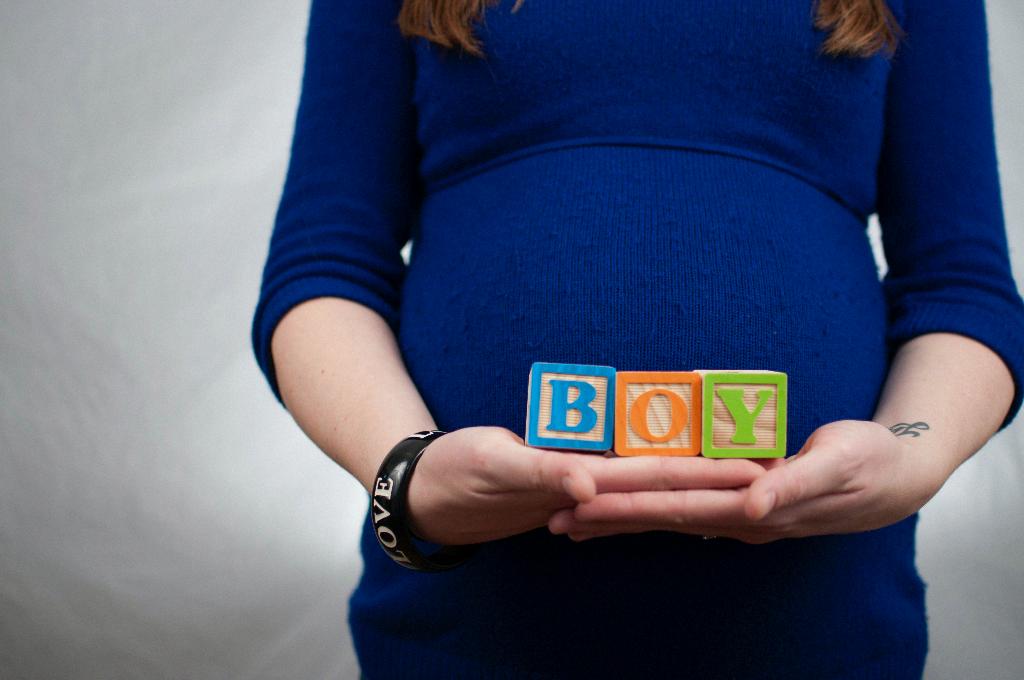Induction of labor is a medical procedure used to initiate childbirth artificially when it hasn’t started naturally. This process involves the use of medications or other methods to stimulate uterine contractions, leading to the onset of labor.
Factors Influencing Timing of Birth After Induction
It’s crucial to recognize that the time between induction and the birth of the baby can vary significantly from person to person. While some individuals may progress rapidly into active labor shortly after induction, others may experience a more prolonged process before delivery.
Speed of Onset of Labor
For some individuals, the effects of induction may kick in relatively quickly, activating contractions that signal the beginning of active labor. However, it’s essential to be aware that this rapid onset is not universal and that the timeline can vary widely.
Duration of Induction Process
The duration between the induction of labor and the actual birth of the baby can be influenced by multiple factors, including the individual’s body response to the medication, the specific method of induction used, and the overall health of both the birthing person and the baby.
Medical Monitoring
During the induction process, medical professionals closely monitor the progress of labor to ensure the well-being of both the birthing person and the baby. This monitoring involves regular assessments of uterine contractions, fetal heart rate, and maternal well-being.
Patience During Induction
It’s essential for individuals undergoing induction of labor to maintain patience throughout the process, as the timing of the baby’s birth can be unpredictable. Understanding that each labor experience is unique can help manage expectations during this time.
Support System
Having a strong support system in place during induction of labor can be immensely beneficial. Whether it’s a partner, family member, or doula, having someone to provide emotional support and encouragement can make the process more manageable.
Trust in Healthcare Providers
Trusting the expertise of healthcare providers overseeing the induction process is crucial. These professionals have the knowledge and experience to monitor progress effectively and make informed decisions regarding the well-being of both the birthing person and the baby.
Emotional Preparation
Emotional preparation plays a significant role in handling the uncertainties associated with the timing of birth after induction. Practicing mindfulness, relaxation techniques, and staying informed about the process can help individuals manage anxiety and stress during this time.
Flexibility in Birth Plans
Remaining flexible with birth plans is essential during the induction process, as the timing of labor and delivery may not always align with initial expectations. Being open to adjustments and changes can help navigate the evolving nature of childbirth.
Post-Induction Care
After the induction process and the birth of the baby, postnatal care and recovery are critical aspects of the birthing experience. Ensuring adequate rest, nutrition, and support during the postpartum period is essential for the well-being of both the birthing person and the newborn.
Consulting Healthcare Professionals
If there are concerns or uncertainties regarding the induction process or the timing of birth, it’s crucial to consult healthcare providers for guidance and support. These professionals can offer information, reassurance, and medical expertise to address any questions or issues that may arise.

